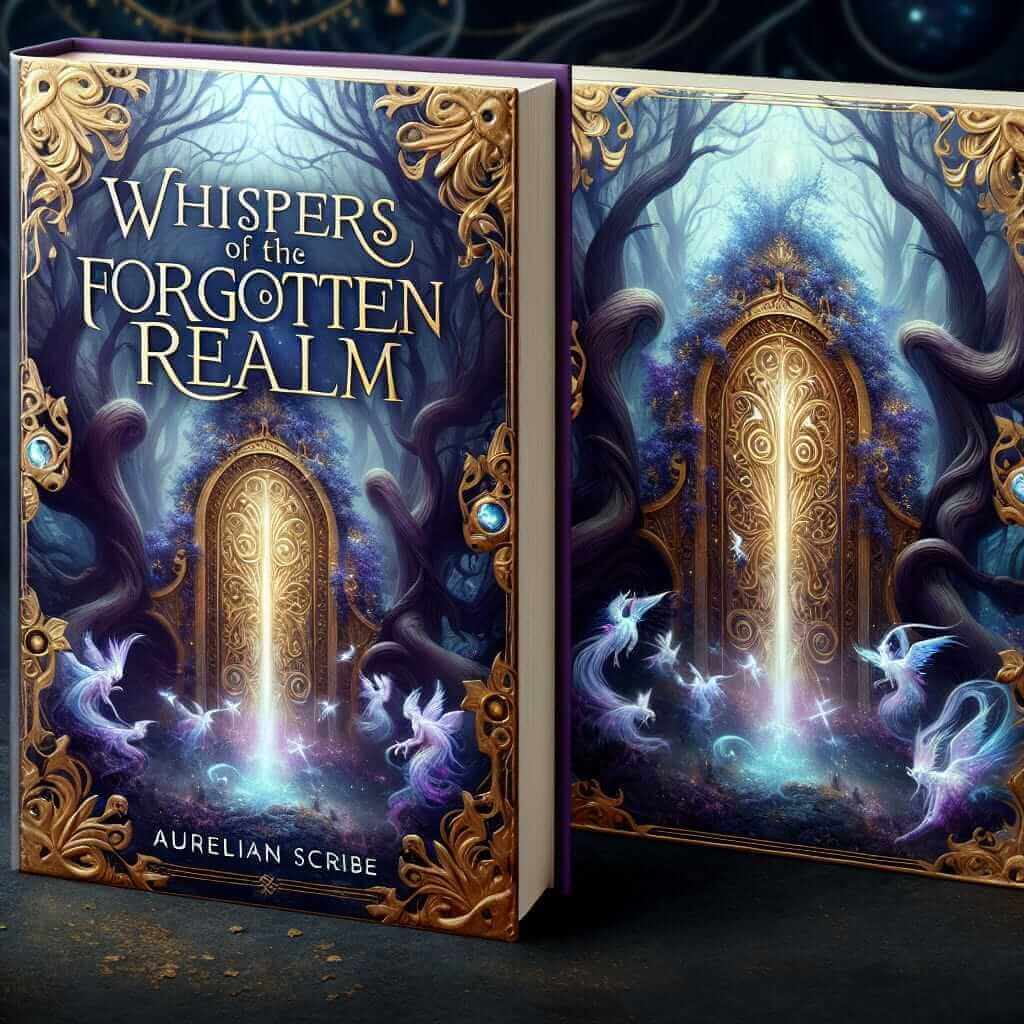As an experienced IELTS instructor with over 20 years of experience evaluating speaking tests, I understand the anxiety surrounding the IELTS Speaking section. Many of my students worry about unfamiliar vocabulary or encountering unexpected questions. One question that often arises is, “What type of books do you usually read?” While seemingly simple, this question can trip up even the most prepared candidates.
This article will guide you on how to effectively answer this question, ensuring you leave a positive impression on the examiner and boost your overall score.
Understanding the Question’s Significance
The IELTS Speaking test assesses your ability to communicate effectively in English. The examiner isn’t simply interested in your reading list; they are evaluating:
- Vocabulary Range: Can you use diverse vocabulary related to literature and reading habits?
- Fluency and Coherence: Can you provide a well-structured, detailed response without excessive hesitation?
- Grammatical Accuracy: Can you use accurate grammar structures throughout your answer?
- Pronunciation: Can you articulate your ideas clearly and understandably?
Therefore, “What type of books do you usually read?” offers an excellent opportunity to showcase your language skills.
Crafting Your Response
Here’s a breakdown of how to formulate a compelling answer:
1. Start with a Direct and Clear Answer
Avoid generic responses like “I read all sorts of books.” Instead, be specific from the outset. For example:
- “I’m particularly drawn to historical fiction. There’s something fascinating about exploring different periods through the lives of fictional characters.”
- “I tend to gravitate towards biographies and memoirs. I find real-life stories incredibly inspiring and insightful.”
- “I’m a big fan of mystery and thriller novels. I love the suspense and the challenge of trying to solve the puzzle alongside the protagonist.”
2. Expand on Your Preference
Provide context and reasons for your choices. This demonstrates your ability to elaborate and offer insightful opinions. Consider these examples:
- Historical Fiction: “I find that historical fiction helps me connect with the past in a more engaging way than traditional history books. For example, I recently read…” (Mention a specific book and briefly explain what you enjoyed about it).
- Biographies/Memoirs: “I admire individuals who overcome challenges and achieve great things. Reading about their journeys motivates me to pursue my own goals. One biography that truly resonated with me is…”
- Mystery/Thriller: “I enjoy the adrenaline rush that comes with a well-written thriller. I’m always trying to guess the ending, but I often get surprised! A recent favorite of mine is…”
3. Use Vivid Language
Incorporate descriptive language and a variety of vocabulary to make your response more engaging. Instead of simply saying “interesting,” consider using synonyms like “captivating,” “thought-provoking,” “gripping,” or “engrossing.”
4. Be Honest but Strategic
While honesty is important, if your preferred genre is highly specialized or obscure, you might briefly mention it and then connect it to a more common genre. For instance:
- “I’m quite interested in books about philosophy and existentialism, although I also enjoy classic literature that explores similar themes, like the works of Dostoevsky or Camus.”
5. Keep it Concise
Aim for a response that lasts about 30-60 seconds. This ensures you address the question thoroughly without monopolizing the conversation.

Example Response
“I’m particularly drawn to books that fall into the fantasy genre. I love immersing myself in worlds completely different from our own, with intricate magic systems and compelling characters. Recently, I finished reading ‘The Name of the Wind’ by Patrick Rothfuss, and I was completely captivated by the lyrical prose and the well-developed world-building. It’s inspired me to explore more works within the epic fantasy genre.”
Additional Tips
- Be prepared to discuss books you haven’t enjoyed as well. Explain why a particular book didn’t resonate with you.
- If you don’t read often, be honest about it. You can discuss other forms of reading you enjoy, like magazines, blogs, or online articles.
- Practice speaking about your reading habits before the test. This will boost your confidence and fluency.
Conclusion
Remember, the key to success in the IELTS Speaking test is to demonstrate your language proficiency confidently and naturally. By following these guidelines, you’ll be well-equipped to answer “What type of books do you usually read?” and create a positive impression on the examiner.